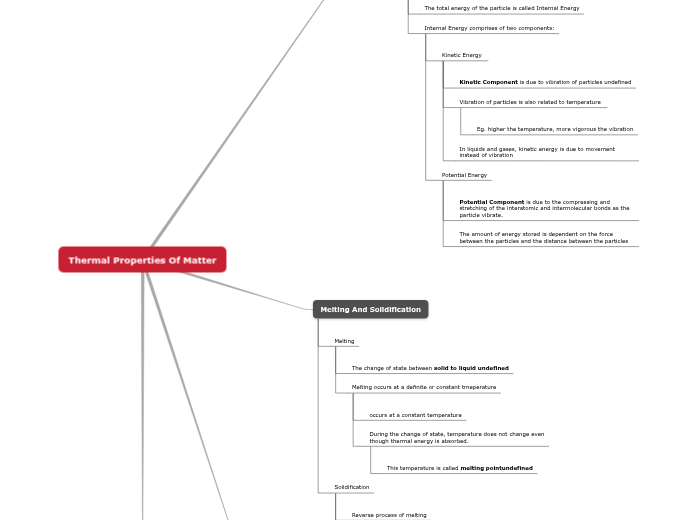Chapter 3 - Internal Controls
The chapter explores the intricacies of internal controls, focusing on the implications of the Sarbanes-Oxley Act of 2002. It details the requirements for external audits, disclosures to the SEC, and management certification and signatures.
開啟
Chapter 3 - Internal Controls (IC) Sabanes-Oxley Act, 2002 External audit of IC, Required Disclosures to SEC, Management Certification, Management Signatures Foreign Corrupt Practices Act, 1977 Help clean up bribes, international fraud, accounting, and other business acts Monitioring continual process, exaple is internal auditors Info & Communication installing virus protection, correct user access Control Activities Preventive, Detective, and Corrective Controls - SOC I Reports Risk Assessment Evaluating internal control, external and internal auditors Control Enviornment tone from the top of the organization The organization responsible for maintaining ICs. Brown's Risk Taxonomy Hazard Risk Directors' and officers' liability - any big risk (Enron) Strategic Risk Business Strategy Risk Legal and Reulatory Risk Operational Human Error System Risk Financial Risk Liquidity Risk - sufficient cash for ST obligations Credit Risk - payment from people who owe money Market Risk - stock price, investment values, interest rates, etc. Effect areas such as Operations, Financial Reporting, and Human Behavior Designed to provide "reasonable assurance" Involves people in the organization It's a process COSO Framework









